What Is a Horoscope? Exploring the Intersection of Astrology and Daily Life
In a world increasingly guided by science and empirical evidence, the allure of astrology and horoscopes remains potent. For many, reading a horoscope is not just a whimsical pastime; it’s a meaningful ritual that offers insights, guidance, and sometimes, reassurance. But what exactly is a horoscope, and how does it fit into our daily lives?
The Basics of Astrology
At its core, astrology is the study of celestial bodies—such as planets and stars—and their movements to interpret human affairs and natural phenomena. The foundation of astrology is based on the belief that the position of these celestial bodies at the time of one’s birth can influence personality traits, behaviors, and life events.
The Zodiac
The zodiac is divided into twelve signs, each associated with specific dates of the year. These signs are:
- Aries (March 21 – April 19)
- Taurus (April 20 – May 20)
- Gemini (May 21 – June 20)
- Cancer (June 21 – July 22)
- Leo (July 23 – August 22)
- Virgo (August 23 – September 22)
- Libra (September 23 – October 22)
- Scorpio (October 23 – November 21)
- Sagittarius (November 22 – December 21)
- Capricorn (December 22 – January 19)
- Aquarius (January 20 – February 18)
- Pisces (February 19 – March 20)
Each sign is associated with certain characteristics and traits, offering a framework through which individuals can reflect on their lives.
What is a Horoscope?
A horoscope is a forecast of a person’s future based on the positions of the planets and stars at a particular time, typically at the time of their birth. In popular culture, when people refer to their "horoscope," they usually mean the daily, weekly, or monthly predictions published in newspapers, magazines, and online platforms.
Components of a Horoscope
Horoscopes are often composed of several key elements:
- The Sun Sign: This is the most commonly known aspect, determined by your birth date, influencing your base personality and identity.
- The Moon Sign: Reflects your emotional and subconscious self and changes approximately every two and a half days.
- Rising Sign (or Ascendant): Relates to how others perceive you and is based on the time of your birth.
- Planetary Positions: The position of planets in relation to the zodiac signs provides further nuances to advice or predictions.
Types of Horoscopes
- Daily Horoscopes: Brief predictions of what to expect for the day ahead, often focused on general themes such as love, career, and health.
- Weekly and Monthly Horoscopes: These provide a broader perspective, encompassing longer time frames and offering insight into upcoming challenges and opportunities.
- Natal or Birth Charts: These personalized charts are created based on the exact date, time, and location of one’s birth, providing a more comprehensive view of a person’s astrological influences.
The Role of Horoscopes in Daily Life
While skeptics often dismiss horoscopes as mere entertainment, many people find value in them. Here’s why horoscopes can play a role in daily life:
1. Self-Reflection and Awareness
Reading a horoscope can encourage individuals to reflect on their behaviors, relationships, and life choices. Whether receiving guidance on emotional well-being or career decisions, many find horoscopes to be a source of introspection.
2. Connection to the Universe
For some, astrology offers a sense of connection to the universe. The idea that celestial bodies can influence earthly matters provides comfort and a sense of belonging in a larger cosmic system.
3. Coping Mechanism
During challenging times, horoscopes can serve as a source of hope or reassurance. A positive reading can uplift spirits or motivate individuals to tackle obstacles with renewed vigor.
4. Conversation Starter
Horoscopes can also be shared socially, creating connections among friends, family, or even strangers. Discussions about zodiac signs and compatibility can open doors to deeper conversations and shared interests.
The Skeptical Perspective
Critics argue that horoscopes lack scientific validation and caution against relying on them for major life decisions. They often cite the Forer effect, where vague, generalized statements are perceived as highly accurate by individuals. It’s crucial for readers to approach horoscopes with a healthy dose of skepticism and critical thinking.
Conclusion
Whether viewed as a playful diversion or a serious tool for self-discovery, horoscopes undeniably hold a place in contemporary society. They reflect humanity’s age-old quest for meaning, connection, and understanding in a complex universe. As long as individuals engage with astrology thoughtfully and with an open mind, horoscopes can enrich daily life, sparking curiosity and encouraging exploration of one’s inner self. Whether you’re a firm believer or a curious skeptic, there’s no denying the cultural significance of horoscopes in our modern world.




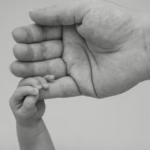

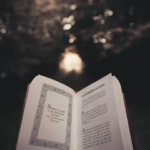








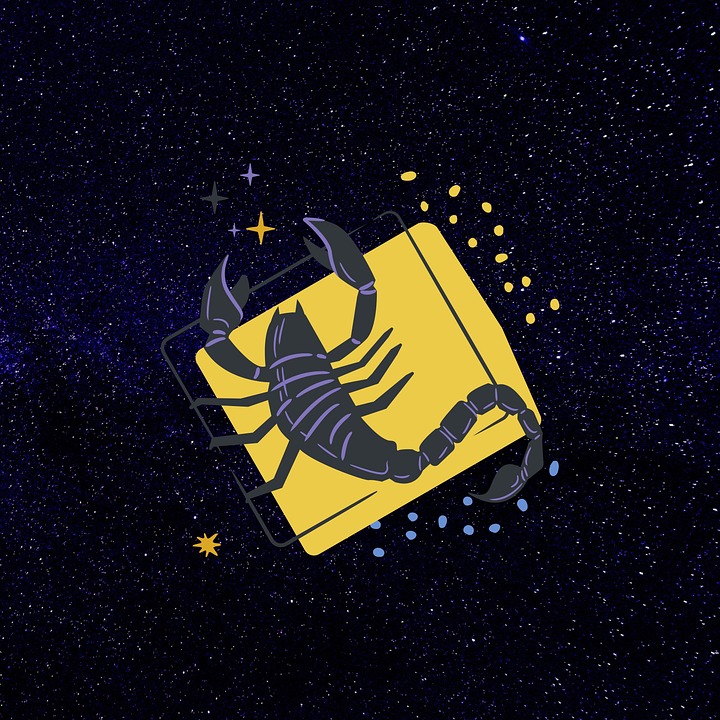

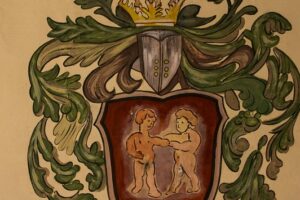

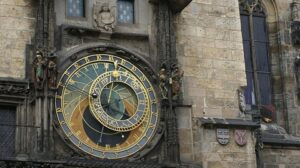






Add Comment